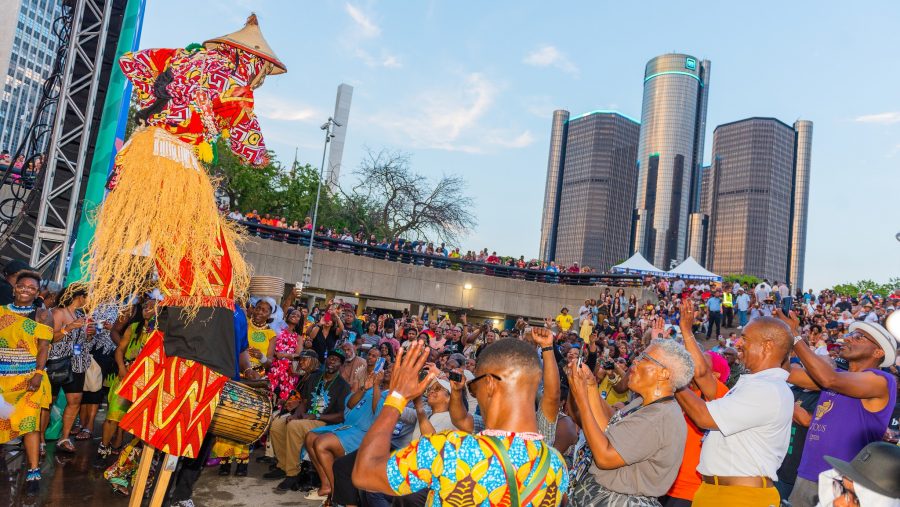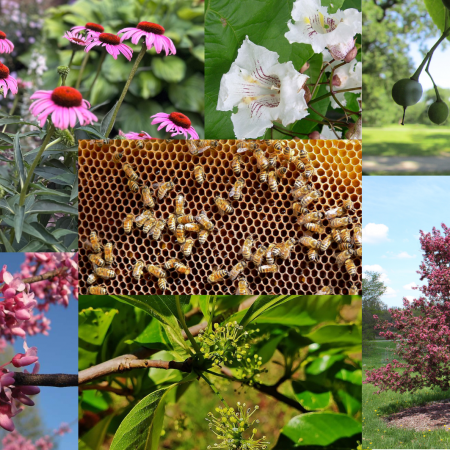The Metro: The Highway Clean-Up is art in action
We talk about the roads often on The Metro. From reducing truck traffic in Southwest to the impact of I-375 on Detroit’s historic Black neighborhoods, yet, who’s making sure these roads and highways are clean of trash?
In 2022, According to the Michigan Department of Transportation, it cost taxpayers in the state nearly 8 million dollars for crews to pick up trash along state roads. And according to MDOT the price tag would be higher if it were not for programs like Adopt-A-Highway and dedicated volunteers to clean stretches of highway.

So what does it look like when a young artist gets involved and brings the community with him to clean up roads in Detroit?
All Notes is a creative and community platform blending music, social impact, and digital media founded by Detroit-based artist TommyPAPI.
Through the initiative, the Afro-Caribbean musician hosts livestream performances, neighborhood cleanups, and resource drives, connecting artists of all disciplines through support.
Tommy received the spirit of Detroit for The Highway Cleanup project in September 2025. He joined The Metro to speak about the award and giving back to the community he calls home.
Listen to The Metro weekdays from 10 a.m. to noon ET on 101.9 FM and streaming on-demand.
Subscribe to The Metro on Apple Podcasts, Spotify, YouTube, or NPR or wherever you get your podcasts.
More stories from The Metro
The post The Metro: The Highway Clean-Up is art in action appeared first on WDET 101.9 FM.




